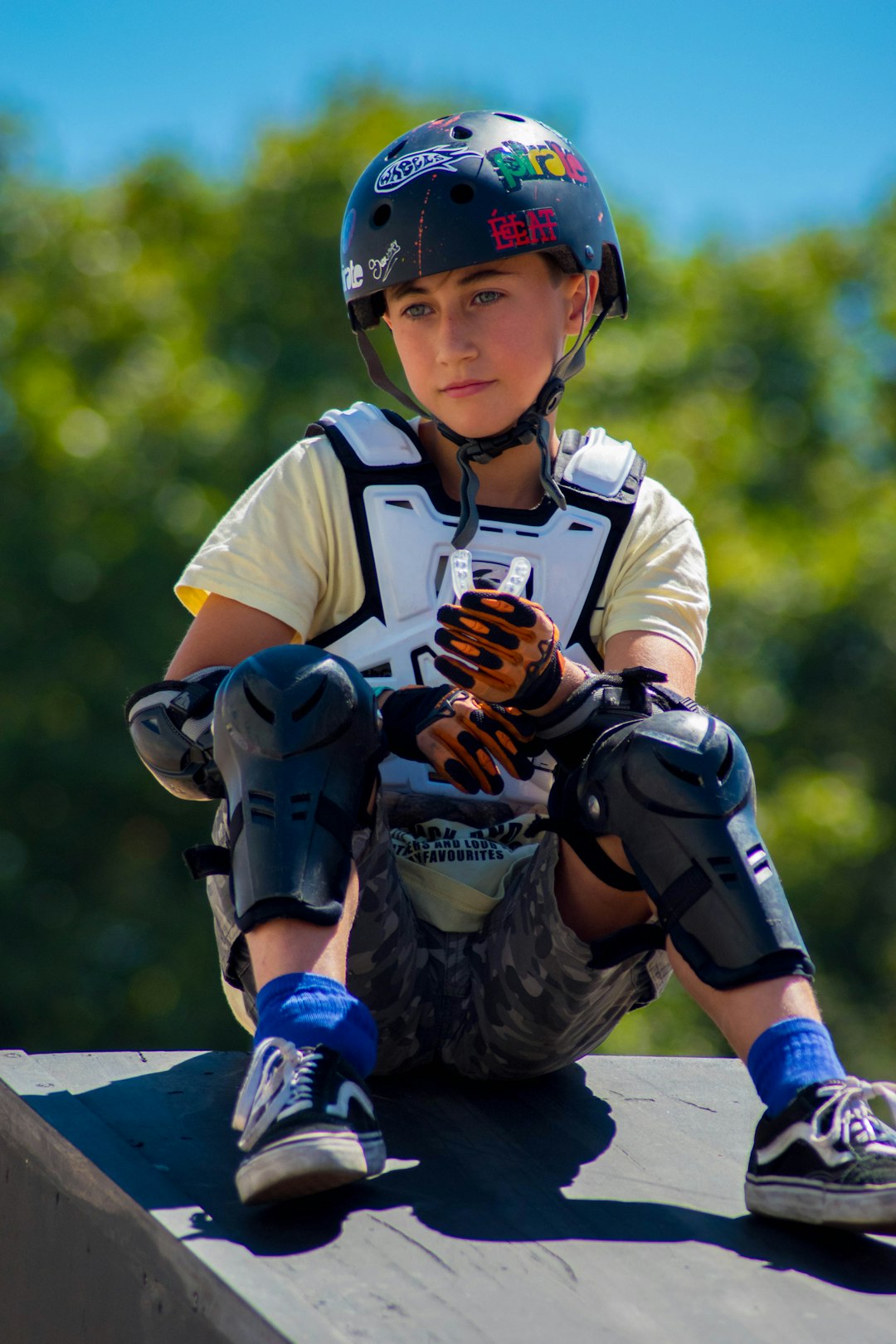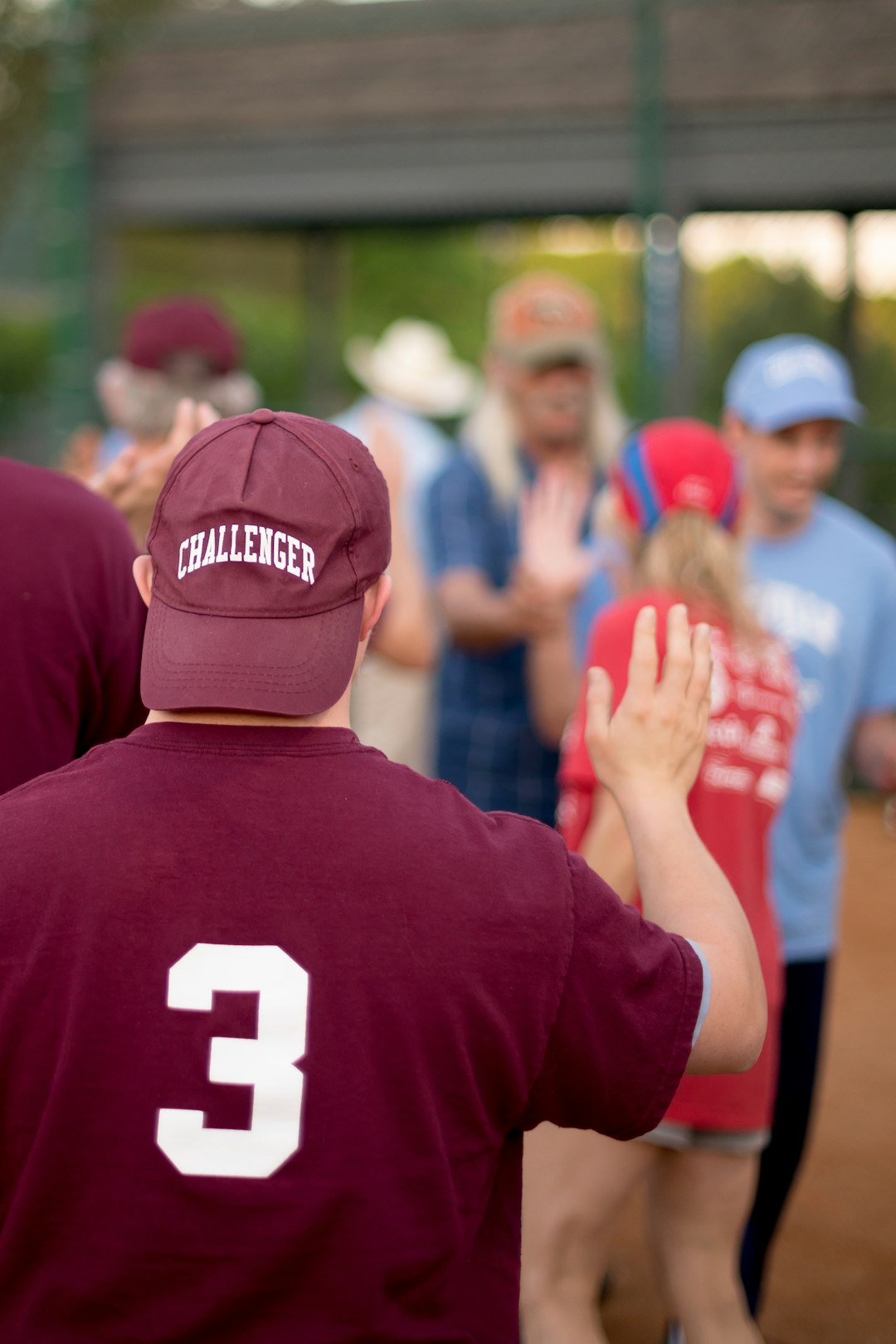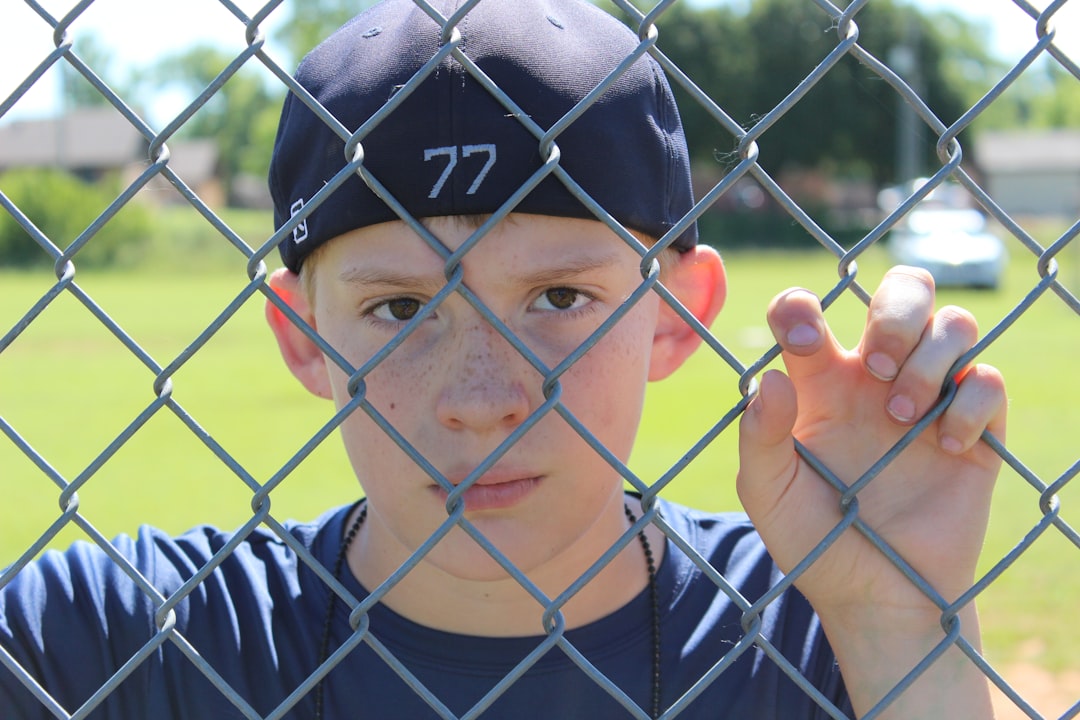Baseball is more than just a sport; it’s a cherished American tradition that teaches teamwork, builds physical fitness, and offers plenty of excitement along the way. If you’re new to the game and unsure where to begin, don’t worry. Starting your baseball journey can be both fun and rewarding. Whether you’re a curious beginner or a parent helping a child begin their baseball adventure, understanding the foundational steps is key to getting involved and enjoying the game.
Understanding the Basics of Baseball
Before stepping onto the field, it’s important to understand what baseball is all about. Baseball is typically played between two teams of nine players each. The goal is to score runs by hitting a pitched ball and running through a series of four bases arranged in a diamond shape.
The game entails a variety of positions, rules, and strategies. For now, focus on getting familiar with the following essential concepts:
- The Field: Learn the layout of the field – bases, pitcher’s mound, outfield, and infield.
- Scoring: A run is scored when a player completes a circuit around the bases.
- Basic Roles: Understanding what each player does, such as pitcher, catcher, infielder, and outfielder.
- Innings: A standard professional game has 9 innings, where each team bats and fields in turn.
Choosing the Right Equipment
Having the right gear makes learning and playing baseball much easier. Start with the basics. Here’s what you’ll need:
- Baseball Glove: Make sure you choose a glove that fits your hand comfortably. Youth gloves are available in various sizes based on age and position.
- Baseball Bat: Bats vary in length and weight. Select a bat that you can swing comfortably and meets league regulations for beginners.
- Baseball Cap and Helmet: A cap for sun protection and a helmet for batting safety are essentials.
- Cleats: Baseball cleats provide better traction while running on grass or dirt fields.
- Protective Gear: Batting gloves and catcher’s gear (if needed) should be considered for extra protection and comfort.

Learning the Basic Skills
Once your equipment is ready, it’s time to practice the foundational skills of baseball. Mastery of these basics sets the stage for growth in the sport.
- Throwing: Start with simple throwing drills. Focus on your grip and throwing motion. Good throwing mechanics prevent injury and improve accuracy.
- Catching: Practice catching pop flies and ground balls. Use your glove properly and keep your eyes on the ball.
- Hitting: Learn how to hold the bat correctly, stand in a good stance, and practice swinging at pitches. A tee can be helpful for beginners.
- Running the Bases: Understand when and how to run. Start with short sprints and work on rounding bases efficiently.
Take your time with each skill. You don’t need to learn everything at once. Dedicate regular time to practice and focus on consistency rather than perfection.
Join a Local Team or Club
One of the most effective ways to learn baseball is through organized play. Seek out beginner-friendly leagues or community teams in your area. Little League programs, youth recreation departments, and local sports clubs often offer accessible baseball opportunities for beginners of all ages.
Playing in a team environment not only helps in grasping the rules and strategies of the game, but it also builds friendships and teaches collaboration. Coaches at this level usually focus on developing players’ skills and making sure the experience is enjoyable and educational.
Find a Mentor or Coach
While you can learn a lot through videos and books, nothing replaces having someone experienced to guide you. A good coach or mentor will help correct your form, improve your game sense, and provide personalized feedback. If you’re learning on your own or helping your child get started, consider attending coaching clinics or parent-conducted workshops offered by little leagues or training academies.

Practice Tips for Beginners
Here are some helpful tips beginners can follow to improve their skills faster:
- Set Goals: Focus on one area at a time, such as improving your throwing distance or making consistent contact when batting.
- Drills, Drills, Drills: Repetition is key in baseball. Regularly do throwing, fielding, and batting drills to build muscle memory.
- Watch Games: By watching live baseball games or replays with commentary, you can better understand strategies and player positioning.
- Stay Active: General physical conditioning like running, jumping, and core workouts can improve your athletic ability on the field.
Don’t be discouraged by mistakes – they’re part of the learning process. The more you practice, the more intuitive things will become.
Understanding Sportsmanship and Team Spirit
Baseball is about more than just skills and rules; it emphasizes respect, perseverance, and teamwork. As a new player, it’s crucial to develop a good attitude:
- Respect Your Teammates and Coaches: Listen actively, follow instructions, and show encouragement to others.
- Play Fair: Honesty and integrity on the field make the experience better for everyone.
- Accept Mistakes Gracefully: Everyone, even pros, makes errors. Focus on learning from them and moving forward.
Great players are not just defined by stats but also by their character and how they treat others on and off the field.
Advancing Your Game
Once you feel comfortable with the basics and have played a few games, you might start thinking about how to take your game to the next level. At this stage, consider doing the following:
- Specialize in a Position: Experiment with different fielding positions and settle into one that suits your strengths and interests.
- Attend Camps or Clinics: These are often focused and intensive environments where players can develop more advanced skills.
- Track Your Progress: Keep a record of your stats, areas of improvement, and personal goals. It helps in staying motivated and focused.
- Work on Mental Strength: Baseball can be mentally demanding. Learning focus, patience, and resilience is part of becoming a successful player.
Final Thoughts: Keep the Fun Alive
Perhaps the most vital advice for any beginner is to have fun. Baseball is a joyful, community-driven game. While skill development is important, your enjoyment of the game is what will keep you coming back and improving over time. Celebrate small victories, laugh at the misses, and enjoy the journey of becoming a baseball player.
Whether you’re a young child swinging a bat for the first time or an adult picking up the sport later in life, baseball welcomes all with open arms. With the right approach, anyone can enjoy the thrill of the game and the camaraderie it brings.
So grab a glove, head to the nearest field, and take your first steps into America’s pastime. The ball is in your hands—literally!
